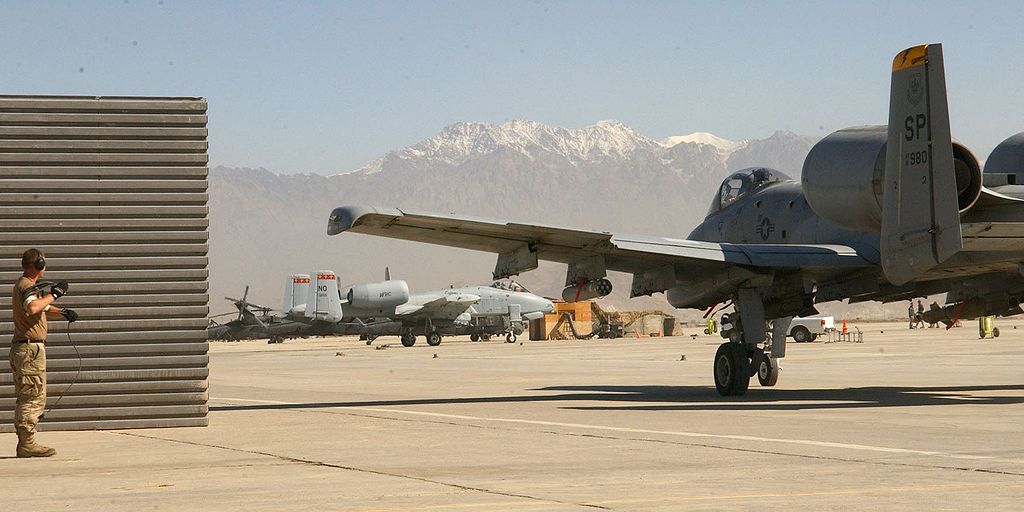The U.S. expends more resources on war and military than any nation on earth. Our military expenditures are greater than the gross domestic product of many nations. Militarism incurs enormous social and economic costs. For instance, the U.S. is the only developed nation on earth that does not provide universal healthcare to all of its citizens. Highways, public transportation, bridges, public schools—virtually the entire public infrastructure—is in shambles. Poverty levels are rising and the social safety net is being dismantled to feed an insatiable war machine. There is no money to feed hungry children, to house homeless veterans, or to care for the elderly poor. Yet money is always available for war-making.
We spend more tax dollars on war than the rest of the world combined. According to the National Priorities Project, 57 percent of President Obama’s 2014 discretionary budget will go toward militarism in its various guises. By the Pentagon’s own admission, the U.S. maintains permanent military bases in 175 of the world’s 192 nations.
Global Issues, a non-partisan website, indicates that the U.S. accounts for 39 percent of the world’s total military expenditures. By contrast, China, which is second in global military spending, comes in a distant second at 9.5 percent. It is also worth noting that the interest on the national debt is $421 billion, 80 percent of which is generated by military spending.
Allegedly, a powerful military is necessary to protect us from external threats. In reality, the most serious threats we face are internal. War is glorified to make it appear noble and sanctified. Historian Howard Zinn, a World War II bombardier, wrote: “There is no flag large enough to cover the shame of killing innocent people.”
Contrary to what we are told, our troops are not spreading democracy or liberating the oppressed; they are proliferating capitalism, which is the antithesis of democracy. We fight wars because it is a lucrative business. While it is predominantly chicken hawks—men and women who have never fought in battle—that wage war, it is disproportionately the poor and oppressed that die in them.
During the Nuremberg Trials conducted in the wake of World War II, much of the surviving Nazi leadership was prosecuted and either imprisoned or executed for carrying out preemptive strikes on nations that posed no threats to them and for the execution of six million Jews. Since then, the U.S. has prosecuted many unprovoked invasions in its bid to be a global hegemon. Information Clearinghouse is counting the human cost: “The number of Iraqis slaughtered in the U.S. war and occupation of Iraq is 1,455,590. The total cost of the war in Iraq and Afghanistan is $1,519,277,926,867.”
In 1935, U.S. Marine Corps Major General Smedley D. Butler, a two-time Medal of Honor recipient, published a remarkable book called “War is a Racket.” Butler wrote: “War is a racket. It always has been. It is possibly the oldest, easily the most profitable, surely the most vicious. It is the only one international in scope. It is the only one in which the profits are reckoned in dollars and the losses in lives. A racket is best described, I believe, as something that is not what it seems to the majority of the people. Only a small ‘inside’ group knows what it is about. It is conducted for the benefit of the very few at the expense of the very many. Out of war, a few people make huge fortunes.” Butler’s book can be read online.

